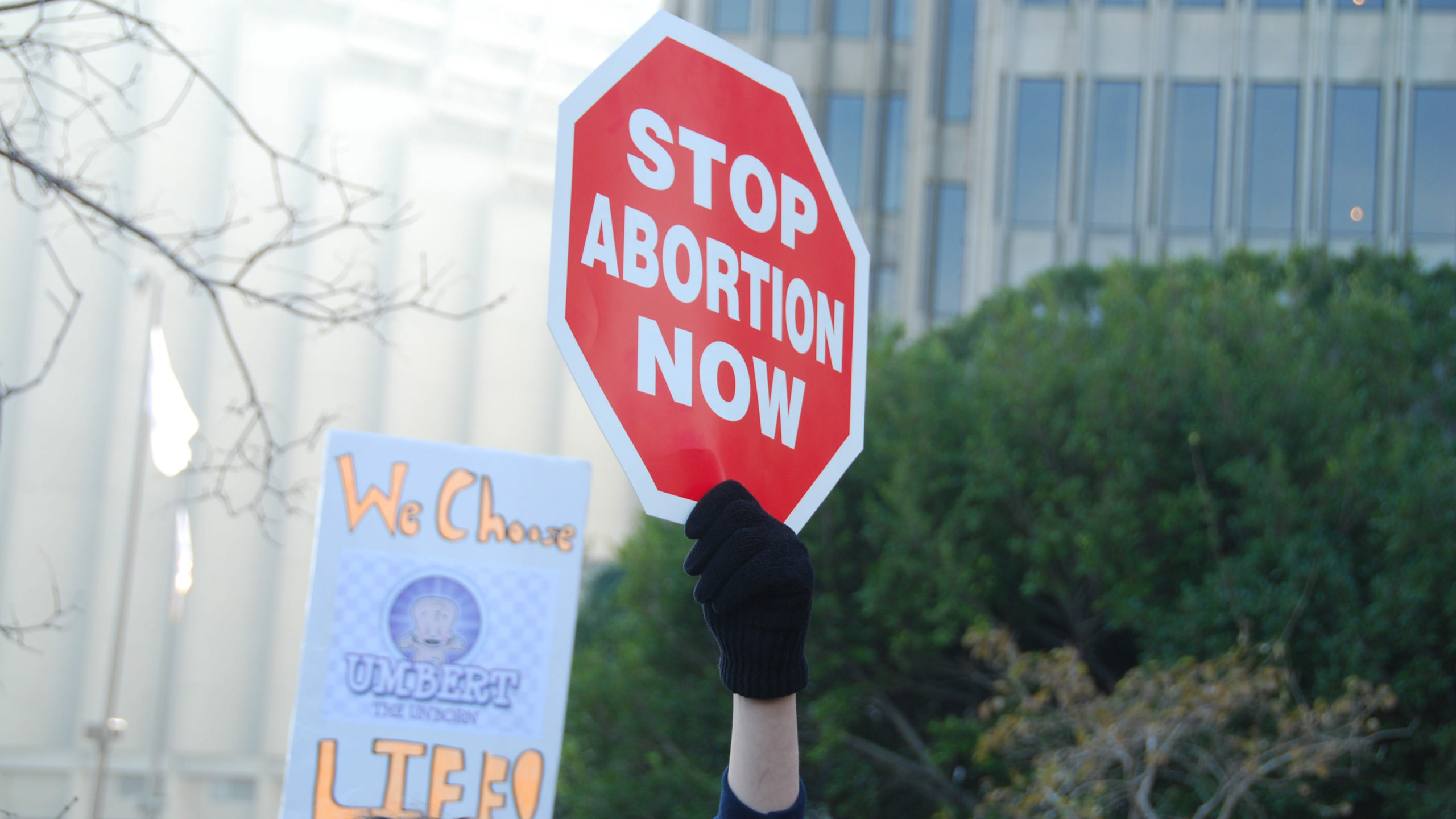A federal appeals court has restored Tennessee’s prohibition of abortions based on disability, ethnicity or sex.
The full Sixth Circuit Court of Appeals in Cincinnati on Wednesday (Feb. 2) issued an order that granted the state’s motion that it be able to enforce once again a portion of a 2020 pro-life law that bars abortion when a doctor knows the request for the procedure is driven by the unborn child’s ethnicity, sex or a diagnosis of Down syndrome. Eleven of the “en banc,” or full, court’s 17 judges agreed in the order.
The Sixth Circuit decided the “reasons ban,” as it is known, will remain in effect until the U.S. Supreme Court issues its ruling on Mississippi’s ban on abortion after 15 weeks’ gestation. The high court is expected to issue an opinion in the case, Dobbs v. Jackson Women’s Health Organization, by this summer.
Brent Leatherwood, acting president of the Ethics & Religious Liberty Commission, praised the ruling.
“Christians understand the state has a responsibility to protect those under its authority, especially ones who are marginalized or have no voice. Yet, for too long, our basic constitutional protections have not been extended to our smallest neighbors — the preborn.
‘Erasing an inconsistency’
“Thanks to this decision, Tennessee is one step closer to erasing this inconsistency so that no one, including the most vulnerable, will be denied the right to life, liberty and the pursuit of happiness,” he said.
Stacy Dunn, president of Tennessee Right to Life, also applauded the appeals court for “affirming the voice of the people of Tennessee.”
“This provision, in particular, defends the most vulnerable among us and upholds the virtue that all lives matter regardless of condition or color, and it’s time this state and all states take an interest in protecting those lives,” Dunn said.
According to the National Down Syndrome Society, an estimated 6,000 children are born each year in the United States with Down syndrome, which takes place when a person has an extra copy of chromosome 21. A 2012 study published in the journal Prenatal Diagnosis calculated a U.S. abortion rate of 67 percent after a prenatal diagnosis of Down syndrome, though some estimates are higher, especially in Europe.
Tennessee is one of 17 states that have prohibited abortions based on disability, ethnicity or sex, according to the National Right to Life Committee.
Reporting from Baptist Press (www.baptistpress.com), news service of the Southern Baptist Convention




Share with others: